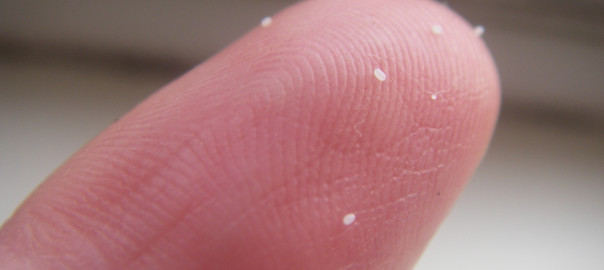Did you know that a single female flea can lay over 5,000 eggs throughout the course of its life? Assuming some of these eggs are females (which they probably are), an otherwise small infestation can quickly spiral out of control if certain precautions are not taken. The bottom line is that you need to stop fleas from reproducing if you want to regain control of your home.
Stopping fleas from reproducing is easier said than done, however. Most of the flea collars, sprays, bombs and foggers kill on contact by exposing fleas to toxic chemicals. When used correctly, conventional products such as these may kill anywhere between 50-70% of an infestation, but some fleas will inevitably survive. And any fleas that survive will likely reproduce, negating all of your hard work. So even if you eliminate a significant portion of the infestation, the remaining fleas will reproduce and regain their numbers.
Thankfully, there are some solutions available that will effectively stop fleas from reproducing. The two most effective solutions involve the use of special chemical-based products known as insect growth inhibitors (IGI) and insect growth regulators (IGR). These products live up to their namesake by breaking the flea’s life cycle and preventing them from reproducing.
Fleas go through several stages in their normal life cycle, including egg, larvae, pupae and adult. It’s estimated that only 5% of a typical infestation is comprised of adults, meaning you really only see a very small portion of the problem. The remaining 95% are eggs, larvae and pupae, all of which are waiting patiently to transform into adults and begin feasting on the blood of nearby pets and humans.
Insect growth inhibitors (IGI) and insect growth regulators (IGR) are designed to kill fleas in ALL stages of their life cycle while also preventing them from reproducing. You’ll have to pay a little more for IGI and IGR products, but the added benefit of stopping the flea’s reproductive cycle makes it well worth the investment. Fipronil — the active ingredient in FrontLine Plus — is categorized as an IGR. If you own one or more dogs and/or cats, you should consider applying a topical IGR such as FrontLine Plus at least once a month to help control the infestation. This, combined with regular vacuuming and climate/humidity control, will prevent fleas from reproducing.
Have any other flea-fighting tips you’d like to share with our readers? Let us know in the comments section below!

